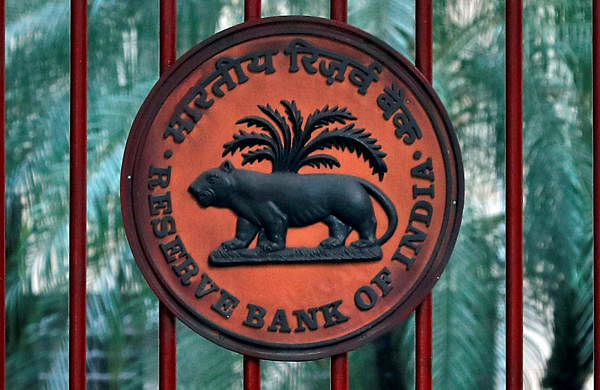
The Reserve Bank of India on Monday committed Rs 50,000-crore loan to banks on low-interest rates to help mutual funds meet their immediate redemption pressures, reminiscent of its 2008 quick liquidity window in the aftermath of the Lehman collapse.
The move is expected to help those mutual funds, which are unable to sell their bonds in the markets and are facing huge redemption requests after one of the largest fund houses in the country, Franklin Templeton, closed six debt mutual funds last week.
There will be a window open for Rs 50,000 crore for 90 days for banks to get funding from the RBI against collateral. This can be used for lending to mutual funds on a short-term basis or even buying bonds, commercial papers, debentures and certificates of deposit (CDs) held by MFs.
India’s mutual fund industry has a huge exposure in debt. More than a fourth of Rs 28 lakh crore worth of managed by them is invested in debt. But the bond market has dried up in the wake of coronavirus putting pressure on their yields. Only government bonds and top-rated commercial papers are selling in the market because they are safe.
U K Sinha, former chairman of Securities and Exchange Board of India, said the problem of the mutual fund industry can migrate to the entire financial services industry and may spread to the real economy.
The MF industry too approached the finance ministry and Niti Aayog for help. But the COVID-19 issue has only aggravated the problems of mutual funds, which are in a tight spot ever since IL&FS collapsed in late 2018. MFs have large holdings of non-bank financing company bonds.
But risk-averse banks have not been coming forth to lift the cheap funds offered by the central bank to lend to riskier small companies. Last week, the RBI received only 14 bids, amounting to Rs Rs 12,850 crore as against the Rs 25,000 crore offered under the cheap loan auction to banks. More than Rs 7 lakh crore of extra cash found its way back to RBI through reverse repo rate.
